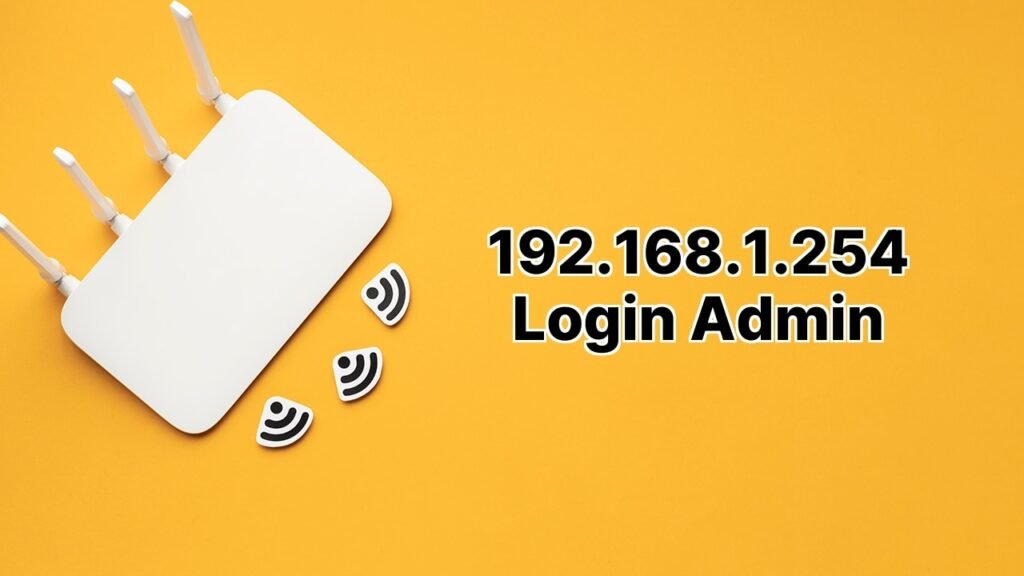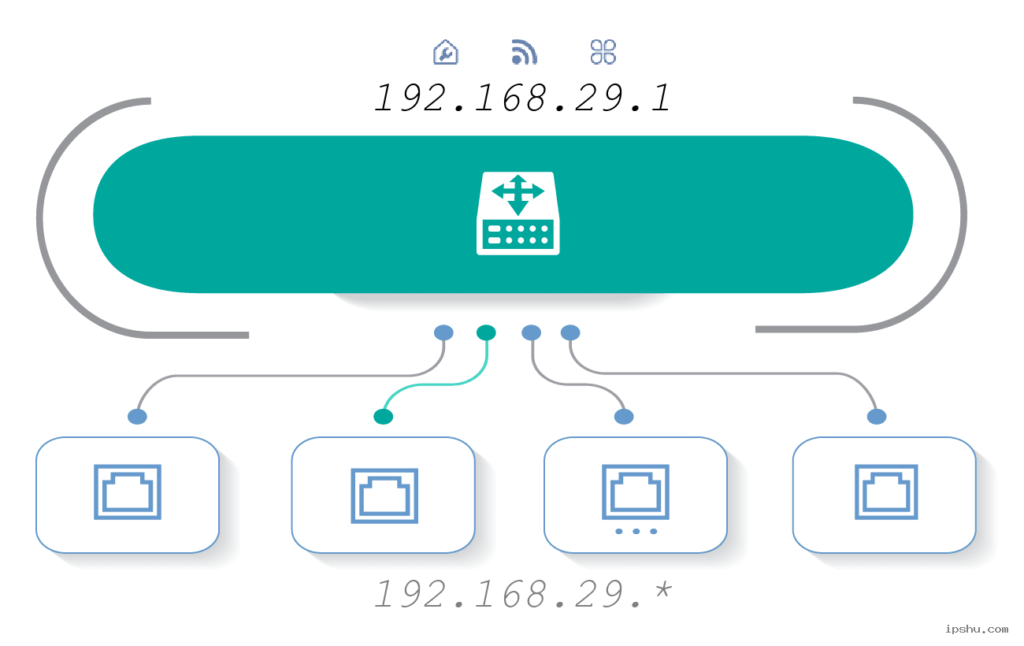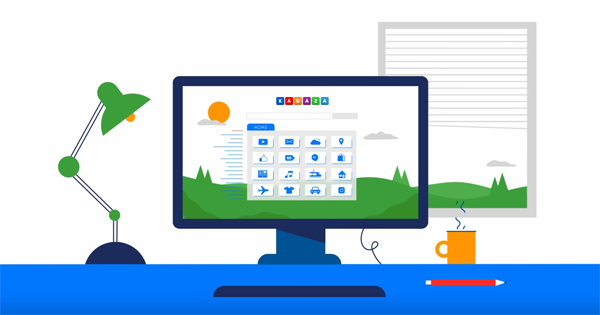If you’ve stumbled upon the keyword “192.168.29.1240.,” you’re likely scratching your head, wondering what it is and why it matters.
It’s easy to get overwhelmed with technical terms and IP addresses floating around the internet.
But don’t worry—I’m here to make things simple.
In this article, I’ll walk you through everything you need to know about “192.168.29.1240.” without any fluff or unnecessary jargon.
We’re going to break this down, and by the end, you’ll not only understand what it is but also how it affects your daily life.
What is 192.168.29.1240.?
First off, let’s clear up any confusion.
The IP address “192.168.29.1240.” might look like something out of a sci-fi movie, but it’s just a piece of the puzzle in networking.
When we talk about IP addresses like “192.168.29.1240.,” we’re essentially talking about an address that your computer, phone, or smart device uses to connect to the internet.
Just like your home has a street address, every device in your network has an IP address.
192.168.29.1240. is one of those, used in local networks.
But don’t confuse this with your public IP address—the one websites see when you browse the internet.
This address is private, meaning it’s only visible to your router and the devices within your own home or office.

Why Should You Care About 92.168.29.1240.?
You might be asking, “So what? Why does 192.168.29.1240. matter to me?”
Great question!
Knowing the IP addresses in your network can help with:
- Troubleshooting connectivity issues
- Setting up smart devices (like your home assistant or security cameras)
- Managing who’s connected to your network
- Protecting your network from unauthorized access
Picture this: you’re trying to stream a movie, but it’s lagging badly.
By checking the IP addresses on your network, like 192.168.29.1240., you can see if something’s hogging your bandwidth.
This little knowledge can save you from pulling your hair out over buffering screens.
How to Check If 192.168.29.1240. Is In Your Network?
Maybe you’re now thinking, “Okay, cool. But how do I know if 192.168.2 9.1240. is part of my network?”
Don’t worry—I’m not going to get super technical.
Here’s how you can do it without needing to be an IT expert:
- Open your computer’s terminal or command prompt.
- On Windows, just type “cmd” in the search bar.
- For Mac, open “Terminal” from Applications.
- Type in
ipconfig(for Windows) orifconfig(for Mac). - Look for your default gateway.
- If you see 192.168.29.1240., congrats! That’s your local IP address.
Boom! That’s how simple it is to check.
No need to call your tech-savvy friend for help.

Real-World Example of Using 192.168.29.1240.
Let me throw a real-life scenario at you.
Imagine you’re at home with multiple devices—phones, laptops, gaming consoles—all connected to the same Wi-Fi.
Suddenly, your gaming console won’t connect to the internet.
Frustrating, right?
This could be because your console’s IP address, possibly 192.168.29.1240., isn’t communicating correctly with your router.
In this case, a quick look at the list of connected devices on your router could show you whether that IP address is facing issues.
This can also help if someone unauthorized tries to sneak onto your network!
FAQs About 192.168.29.1240.
Q: Can I change my device’s IP from 192.168.29.1240. to something else?
A: Absolutely! While IP addresses like 192.168.29.1240. are automatically assigned, you can change it in your device’s network settings. Just be careful, as this can lead to connection issues if not done correctly.
Q: Is 192.168.29.1240. unique to my home network?
A: Yes, within your local network, 192.168.29.1240. is unique. But other homes or offices could have a device using the same address without causing any interference. It’s like having the same house number but on different streets.
Q: What if I can’t access 192.168.29.1240.?
A: If you can’t access 192.168. 29.1240., it could be that your router assigned a different IP. Check the default gateway in your network settings to find out what it is.
Q: Can 192.168.29.1240. be hacked?
A: Since 192.16 8.29.1240. is a private IP, it’s much harder for outsiders to access your device. However, securing your router with a strong password is always a good practice.
Wrapping Up: Why 192.168.29.1240. Matters
By now, you’ve learned that 92.168.29.1240 isn’t some random string of numbers.
It’s an essential part of your local network, helping your devices communicate and connect to the web.
Understanding IP addresses like this can be a game-changer when it comes to managing your home network, troubleshooting issues, and protecting your privacy.
Remember, every device in your home has an IP address like 92.168.29.1240—just like every house has its unique address.
Keep an eye on your IPs, and you’ll have a better handle on your internet speed, security, and device management.
So next time you see 92.168.29.1240 pop up, you’ll know exactly what’s going on and how to handle it.





